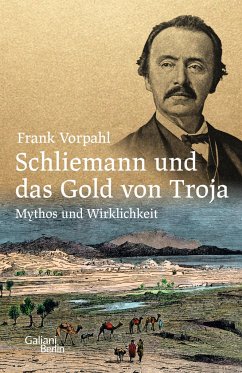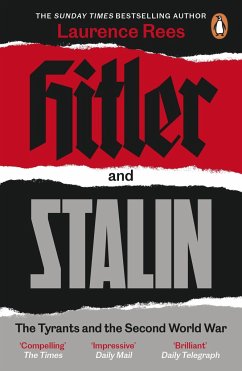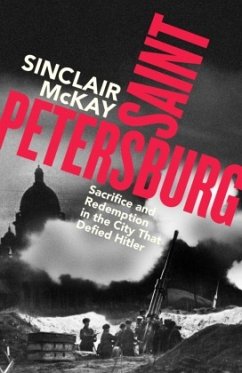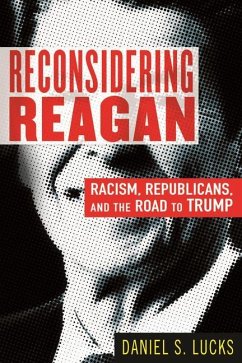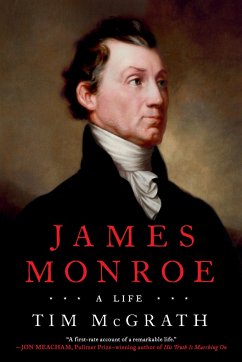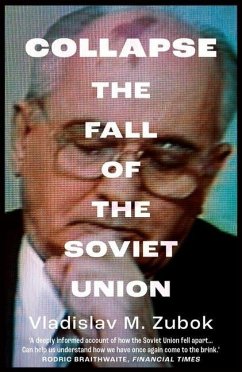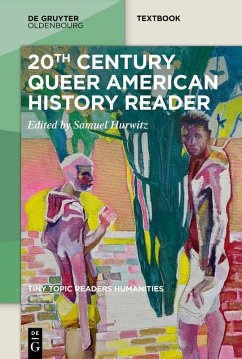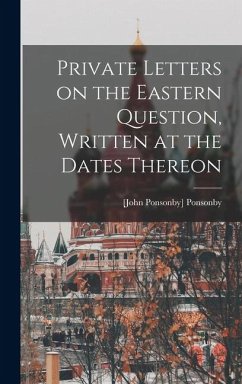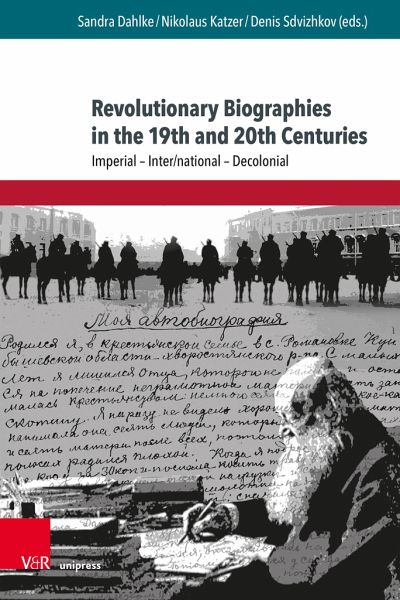
Revolutionary Biographies in the 19th and 20th Centuries
Imperial - Inter/national - Decolonial
Herausgegeben: Dahlke, Sandra; Katzer, Nikolaus; Sdvizhkov, Denis;Mitarbeit: Marzec, Wiktor; Czapla, Ralf Georg; Morozov, Konstantin; Klinkhammer, Lutz; Späth, Jens; Panter, Sarah; Gasimov, Zaur; Motika, R
Versandkostenfrei!
Sofort lieferbar
50,00 €
inkl. MwSt.

PAYBACK Punkte
0 °P sammeln!
The volume contains selected contributions to the Max Weber Foundation's annual conference, organised by the German Historical Institute Moscow. The contributors look at the crisis-ridden processes of modernity through the prism of individual biographies, which manifest themselves in national and social, anti-imperial and de-colonial, global, and regional movements. The contributions cover the Russian, Habsburg, and Ottoman Empires, Germany, Italy, the USA, France, the Soviet Union, Iran, Poland, Turkey, and Africa. They focus on transnational and trans-imperial life paths, networks and the im...
The volume contains selected contributions to the Max Weber Foundation's annual conference, organised by the German Historical Institute Moscow. The contributors look at the crisis-ridden processes of modernity through the prism of individual biographies, which manifest themselves in national and social, anti-imperial and de-colonial, global, and regional movements. The contributions cover the Russian, Habsburg, and Ottoman Empires, Germany, Italy, the USA, France, the Soviet Union, Iran, Poland, Turkey, and Africa. They focus on transnational and trans-imperial life paths, networks and the imprints of the actors as well as forms of (auto)biographical self-constitution and the political use of biographical narratives.



